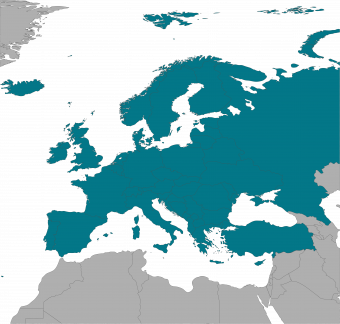Europe
Recent Activity

The third Social Innovation for Refugee Inclusion conference in Brussels, co-organized by MPI Europe with the U.S. and Canadian Missions to the European Union and the European Economic and Social Committee, explored how innovations in living situations for refugees can promote community-driven inclusion, overcome divisions, facilitate economic opportunities, and foster a sense of "home."

A discussion on the vital new research project, ChildMove, that explores the experiences of young refugees and migrants who have traveled across Europe unaccompanied by their families.

Can people be 'nudged' into support for immigrant integration? On this webinar, speakers explored what untapped potential behavioral insights may hold for integration policy and how policymakers can start fitting this approach, which has been used in areas from tax compliance to organ donation, into their work.

This Migration Policy Institute Europe webinar examines possible scenarios for how social, economic, and technological trends could affect jobs, labor market policy, education and social policies, and migrant integration. Speakers also explored the potential of coding schools for refugees to help alleviate skills shortages and provide a pathway to work.

This webinar, featuring findings from an MPI Europe report, examines major challenges facing refugee resettlement peer-support projects in Europe and key lessons for Member States.
























As Europe and the United States Face Similar Migration Challenges, Spain Can Act as a Bridge
Spain and the United States both receive their greatest number of immigrants from Latin America, and have worked collaboratively together on displacement crises and other migration issues. As shared immigration challenges dominate debate on both sides of the Atlantic, Spain can serve as a vital bridge in the policy conversation, this commentary notes.